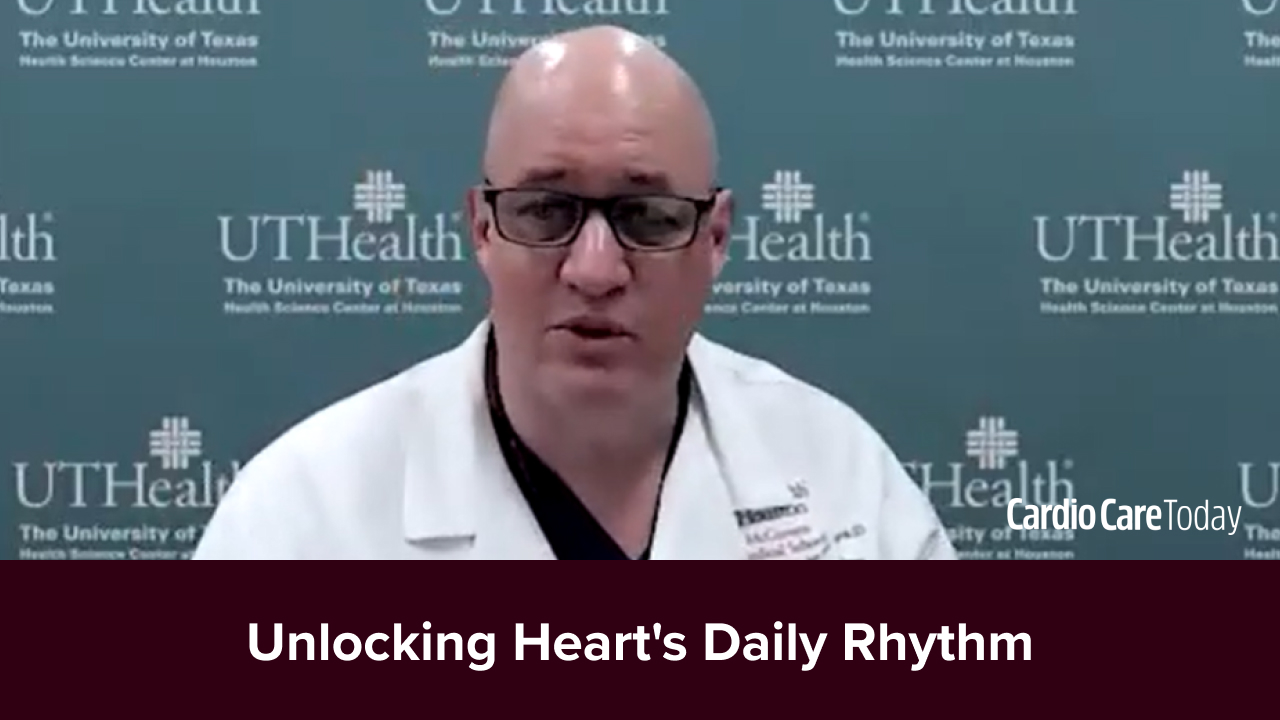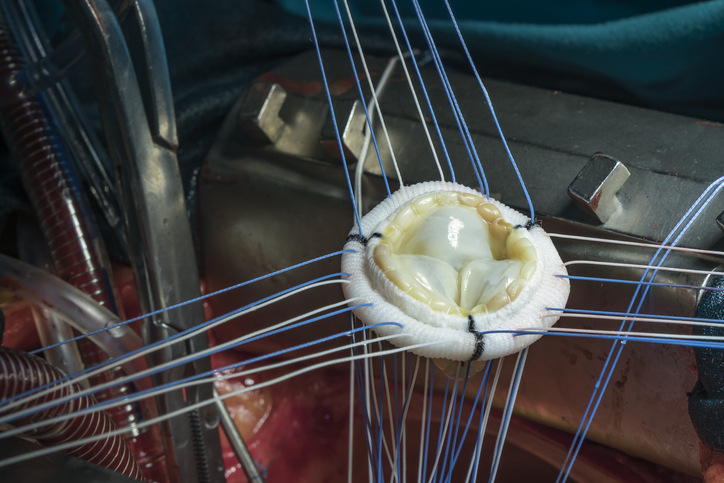
Researchers, led by Kaneez Fatima, evaluated the impact of sodium-glucose co-transplorter 2 inhibitors (SGLT2) on the incidence of atrial fibrillation and stroke in a systematic review and meta-analysis. In the group’s report, published in Current Problems in Cardiology, they stated SGLT2 inhibitors significantly reduced the incidence of atrial fibrillation.
The protective effect was “primarily seen when given as monotherapy and in patients with [type 2 diabetes mellitus (T2DM)],” the authors noted. Conversely, the team found no evidence of a significant impact of SGLT2 inhibitors on the incidence of stroke, except for in patients with Stage 2 chronic kidney disease (CKD) and beyond.
SGLT2 Inhibitors Reduce Incidence of Atrial Fibrillation
The study enrolled 56 studies published to the PubMed, Cochrane Library, and ClinicalTrials.gov databases. The records encompassed a total of 111,773 patients and reported on one or both of stroke and atrial fibrillation. Researchers evaluated the studies using random-effects models. Subgroup analyses included T2DM, CKD, heart failure, and cardiovascular disease.
Reportedly, the incidence of atrial fibrillation was significantly reduced with SGLT2 inhibitors across all studies (risk ratio [RR], 0.87; 95% CI, 0.76-0.99; P=.03; I2=0%), particularly when used as monotherapy (RR, 0.87; 95% CI, 0.77-0.99; P=.04; I2=0%) or in patients with T2DM (RR, 0.83; 95% CI, 0.72-0.97; P=.02; I2=0%).
In general, incidence of stroke was not significantly reduced with SGLT2 inhibitor treatment (RR, 0.97; 95% CI, 0.89-1.07; P=.56; I2=0%), either as monotherapy (RR,0.98; 95% CI, 0.89-1.07; P=.62; I2=0%) or combination therapy (RR, 0.58; 95% CI, 0.17-1.95; P=.38; I2=0%). The only group that exhibited a benefit was patients with CKD with estimated glomerular filtration rate <90 (RR, 0.85; 95% CI, 0.75-0.97; P=.02; I2=0%).
Overall, the authors presented their findings to address the uncertain impact of SGLT2 inhibitors on the incidence of atrial fibrillation and stroke, which they attributed to “underpowered individual studies.”
Browse More on the Atrial Fibrillation Resource Center







 © 2025 Mashup Media, LLC, a Formedics Property. All Rights Reserved.
© 2025 Mashup Media, LLC, a Formedics Property. All Rights Reserved.